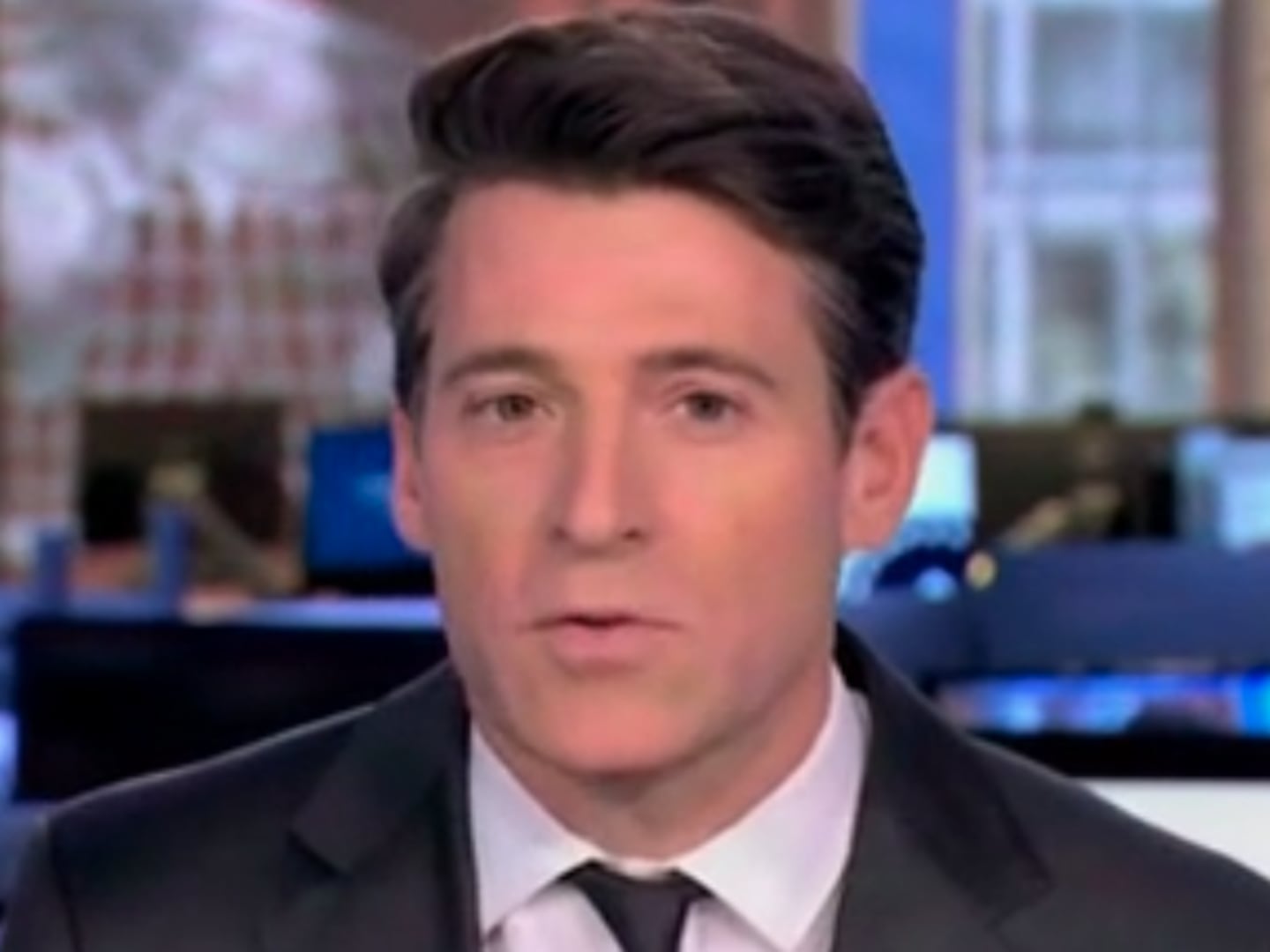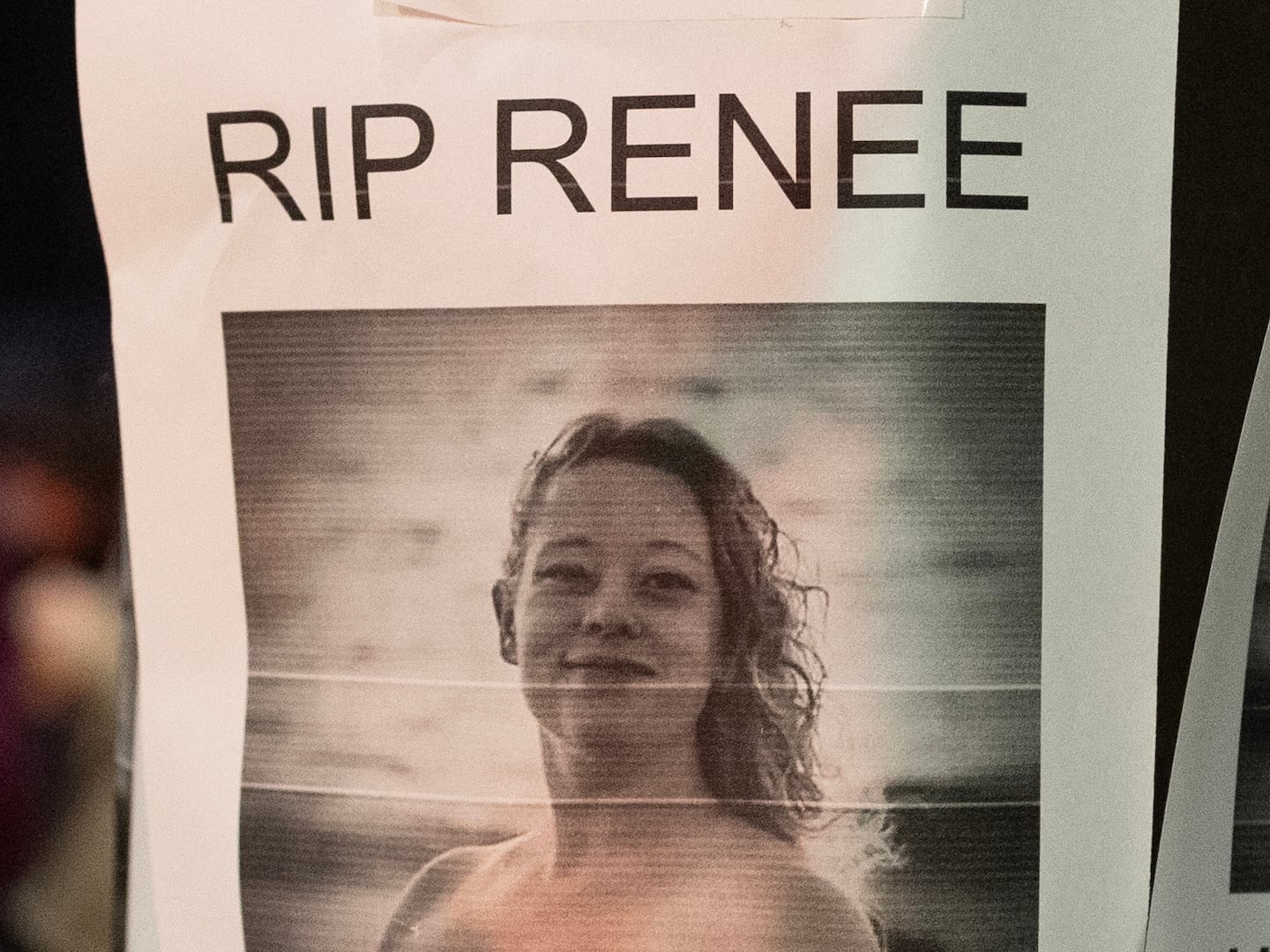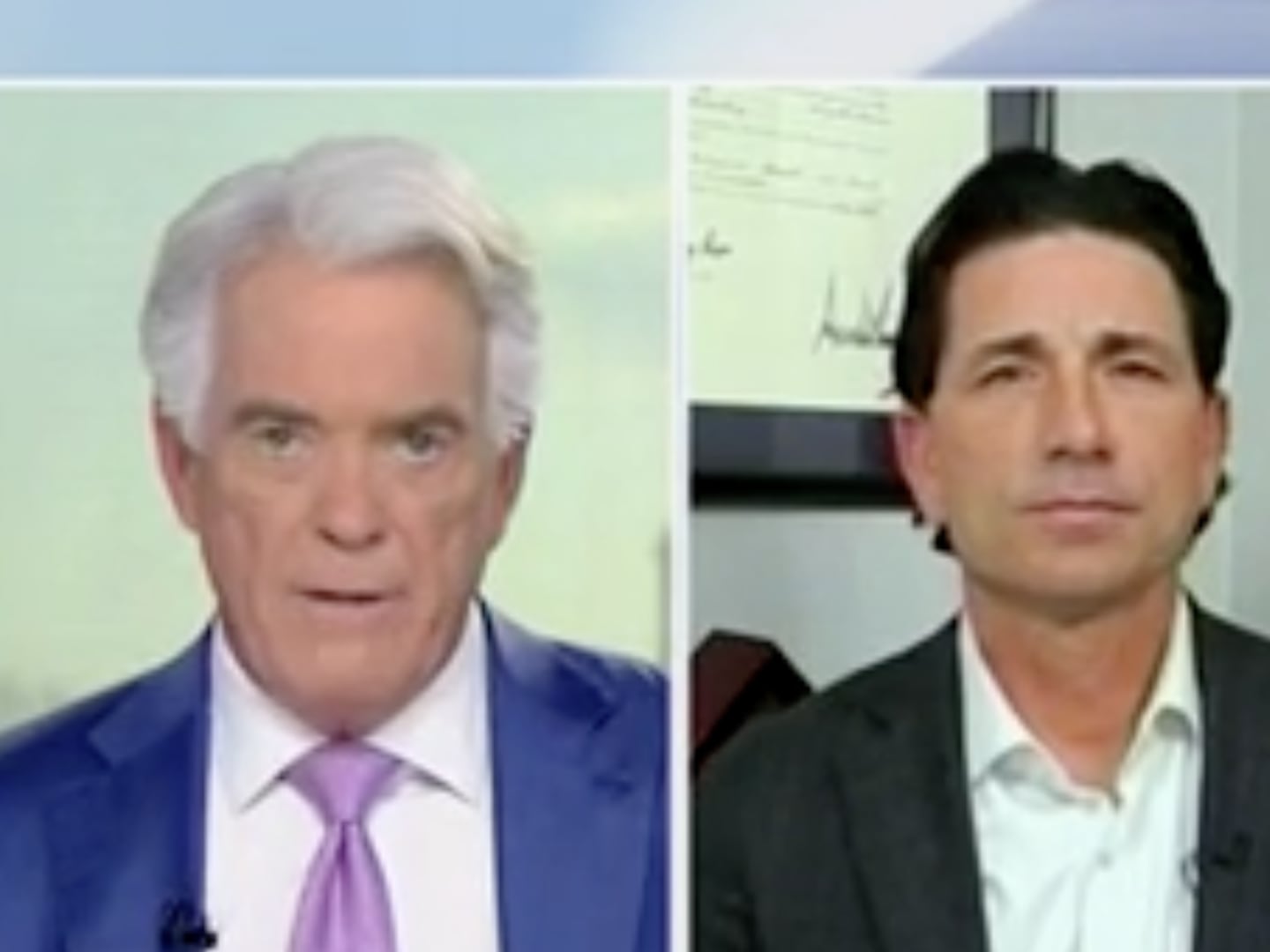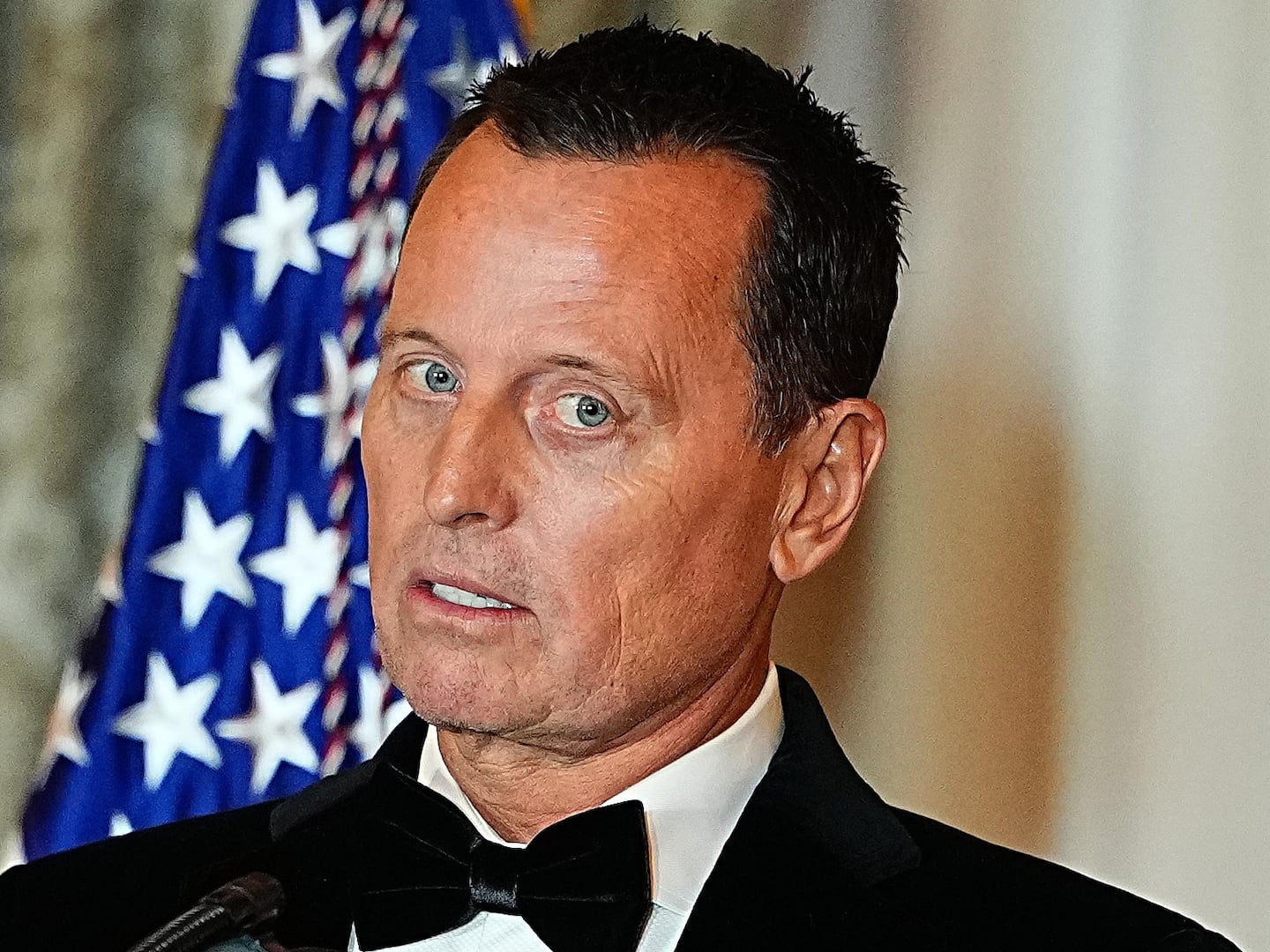
Ken Lewis wants back into the cool-kids' club. Remarkably, they just might let the besieged Bank of America boss in again.
After the one-two punch of boffo earnings from both Goldman Sachs and JP Morgan Chase this week--Goldman earned $3.4 billion in the quarter and JP Morgan followed that with $2.7 billion--the question on everybody's mind was whether their results were a sign for the broader industry or whether the two clear winners in the aftermath of the credit bust were just eating everybody else's lunch, likely leaving the competition starved. Bank of America and Citigroup reported this morning, and their results offer at least a partial answer to the question.
When influential analyst Meredith Whitney upgraded Goldman on Monday, the day before it reported earnings, she stressed that she was making a company-specific call, and not an industrywide one. This is no surprise. Hell would have to warm over before Whitney was bullish again on all banks. But her report crystallized the question precisely.
So here's the silver lining: BofA's results suggest that even after Goldman and JP Morgan hoover up their own profits, there still may be some money to go around.
Sure, there would be the "have nots" who fail to emerge from the rubble. But would the number of "haves" be limited to just two? It was a troubling thought. At least from this morning, though, it looks like there are at least three, if not more.
Lewis, the CEO of Bank of America, has looked like a minor leaguer in comparison to Goldman's Lloyd Blankfein and JP Morgan's Jamie Dimon in the past year. If you believe everything you read, the guy bought Merrill Lynch, then claimed he didn't want to, or was forced to, or whatever. This week, it was reported that he was trying to back out of an obligation to the government having to do with an asset guarantee by saying he hadn't actually signed the deal. (Did he cross his fingers behind his back while promising? Come on, Ken!) Even the FDIC was in on the game, apparently roughing him up even more than troubled Citigroup with a secret regulatory sanction instituted in May.
So here's the silver lining: BofA's results suggest that even after Goldman and JP Morgan hoover up their own profits, there still may be some money to go around. The bank earned $2.42 billion in the quarter (after preferred dividends), nearly 18 percent above analyst expectations. It had strong trading results, in particular, which means that Wall Street really is back in business, at least in that regard. So what if three's a crowd? We'll take adding BofA back into the category of the living bank.
Citigroup followed that about half an hour later by announcing a $4.3 billion profit in the quarter, but that was a bit of a head fake. The results include a $6.7 billion gain on the sale of control of its Smith Barney brokerage in the quarter. Remove that, and you've got a loss of almost $2.5 billion and continuing declines in operating revenues. The dunce corner is not yet vacant.
JP Morgan Chase, Bank of America and Citigroup will all suffer billions more in credit losses before this recession is over. But it's important to remember a simple point: they're banks, and being a bank is not a good business to be in during a recession. Sure, it would be nicer to have fewer losses, but nobody should be rushing to string JP Morgan's Dimon, Ken Lewis, or Citigroup's Vikram Pandit up for at least some level of credit-card or mortgage defaults. (Yes, a good chunk of their lending was irresponsible. But not all of it.)
In the counterintuitive ways of Wall Street, the best stock of the four to buy right now is probably BofA. Goldman and JP Morgan have too many fans already, and trade at significant premiums to the competition. Goldman trades at 1.6 times book value, while JP Morgan Chase trades at one times book. But BofA trades at just half that, or 0.5 times book. That's like a 50 percent off sale, if you consider that BofA and JP Morgan are pretty much the same size.
Citigroup, on the other hand, is still a mess, and even at 0.3 time book value, that's still as big a gamble as buying it two summers ago would have been. And you know how that turned out.
Duff McDonald is a contributing editor at New York magazine and a former contributing editor at Condé Nast Portfolio. He is working on a book about Jamie Dimon, chairman and CEO of JP Morgan Chase, to be published by Simon & Schuster in the fall of 2009.






